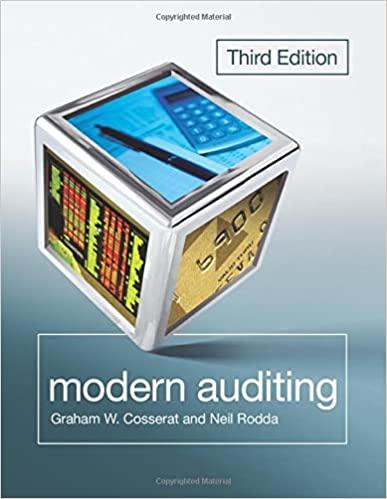Question
Question: For computational simplicity, assume that you are paid your annual salary in a lump sum at the end of each working year. You plan
Question: For computational simplicity, assume that you are paid your annual salary in a lump sum at the end of each working year. You plan to retire on August 31, 2051 whether or not you go for an MBA in 2019. For the purposes of this problem you find it reasonable to assume that the term structure is flat at 4.5%. For this problem, assume that you can lend or borrow at 4.5% for any term to maturity. (i): Assuming that your income remains constant over time with or without an MBA, that your starting salary after MBA is $189,000, and that you save a constant 15% of your income over your working life, work out the amount you would have saved on retirement (a) if you go for an MBA, and (b) if you do not go for an MBA. Answer (i) above assuming that your income grows at a constant rate of 2.25% per year without an MBA, and 3.6% a year with an MBA. Also work out how long your savings will last if you withdraw $225,000 every year in retirement starting August 31, 2052 both with and without an MBA. (ii): Answer (i) above assuming that your income grows at a constant rate of 3.6% per year without an MBA, and 4.5% a year with an MBA. Also work out how long your savings will last if you withdraw $270,000 every year in retirement starting August 31, 2052 both with and without an MBA.
Step by Step Solution
There are 3 Steps involved in it
Step: 1

Get Instant Access to Expert-Tailored Solutions
See step-by-step solutions with expert insights and AI powered tools for academic success
Step: 2

Step: 3

Ace Your Homework with AI
Get the answers you need in no time with our AI-driven, step-by-step assistance
Get Started


